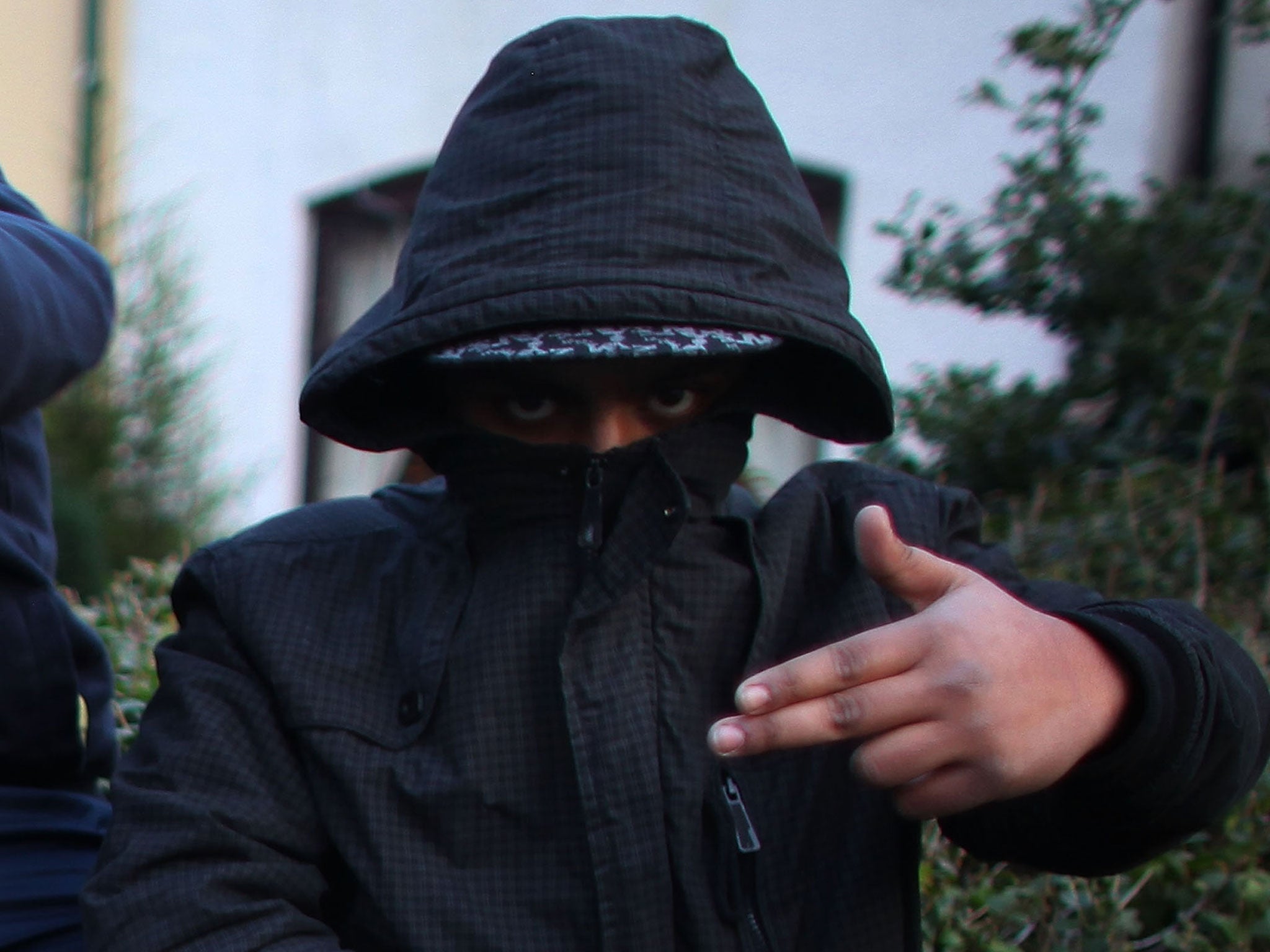Paperback reviews: Among the Hoods, By Harriet Sergeant
Boys in the hood aren't always hard

Your support helps us to tell the story
From reproductive rights to climate change to Big Tech, The Independent is on the ground when the story is developing. Whether it's investigating the financials of Elon Musk's pro-Trump PAC or producing our latest documentary, 'The A Word', which shines a light on the American women fighting for reproductive rights, we know how important it is to parse out the facts from the messaging.
At such a critical moment in US history, we need reporters on the ground. Your donation allows us to keep sending journalists to speak to both sides of the story.
The Independent is trusted by Americans across the entire political spectrum. And unlike many other quality news outlets, we choose not to lock Americans out of our reporting and analysis with paywalls. We believe quality journalism should be available to everyone, paid for by those who can afford it.
Your support makes all the difference.Harriet Sergeant was a Daily Mail journalist and think tank report writer who got to know a gang of youths from a south-London estate, originally for research.
She ended up befriending them, and this book is a record of her contact with them and attempts to help change their lives over a three-year period. What's fascinating is the way in which her initial disapproval gradually mutates into sympathy; and the reader's response exactly parallels hers.
One comes to realise that Tuggy Tug, Jiggers, Smalls, Mash and Bulldog are gang members, muggers and drug dealers because there really is nothing else on offer for them. Hooded and outwardly threatening, they are, in fact, insecure, vulnerable and grotesquely under-equipped to thrive in the big wide world. As trapped in their environment as Borneo headhunters, they daren't leave the few streets of their home turf for fear of attack by other gangs, are malnourished and can barely read, write or use computers. But they're also bright, stoical, capable of strong affection and often very funny. ("That is a big bird you know," says Tuggy Tug when Sergeant takes him out to Richmond and he sees his first heron.)
The book doesn't recommend specific solutions to the problems presented but it makes very clear that state structures and provision just aren't working. The words of an older friend of the boys prove sadly prophetic: of any four gang members, five years down the line, one will be wearing designer clothes, one will be in prison, one in a mental hospital and one dead.
Faber & Faber £9.99
Join our commenting forum
Join thought-provoking conversations, follow other Independent readers and see their replies
Comments